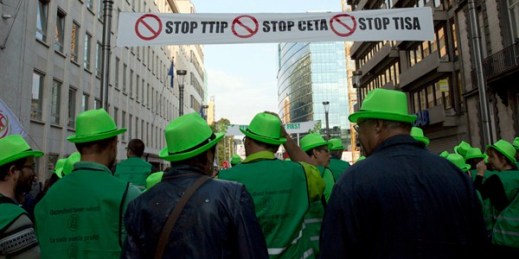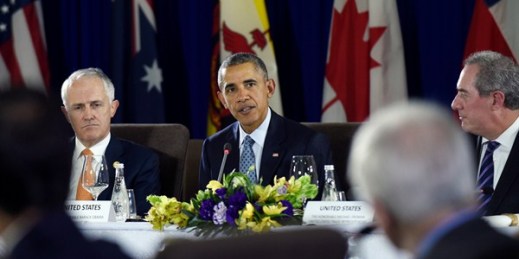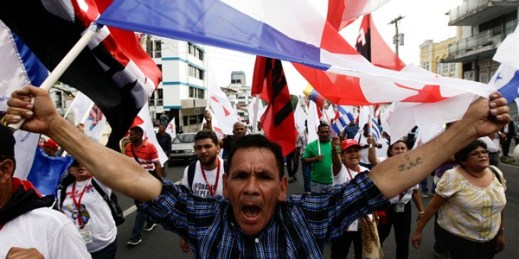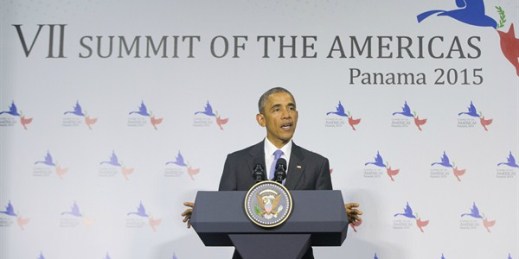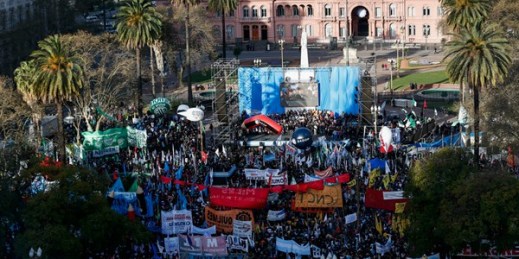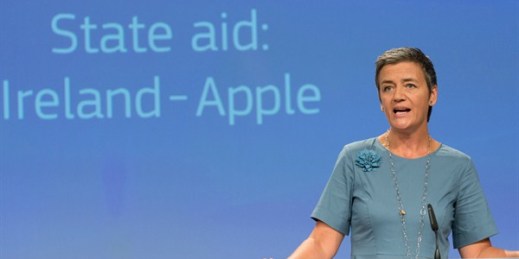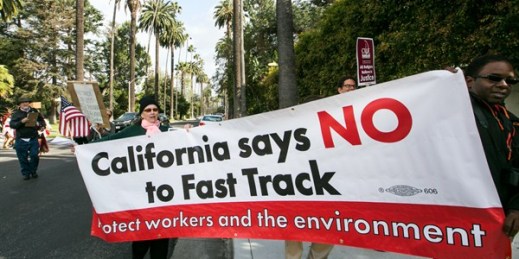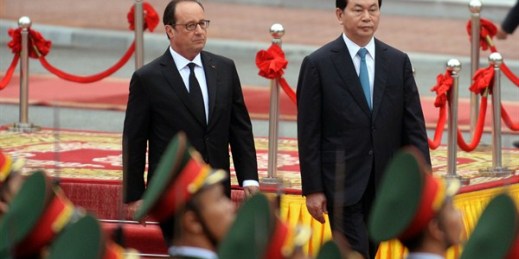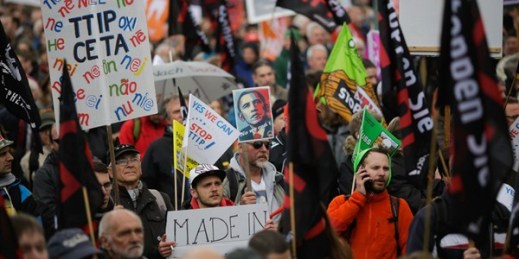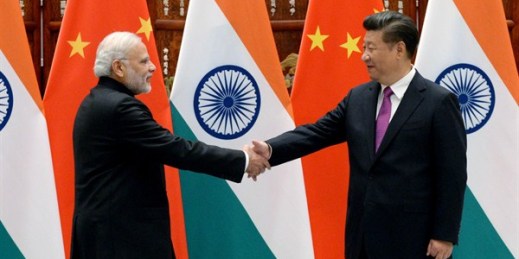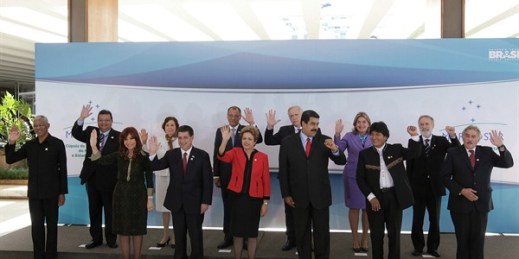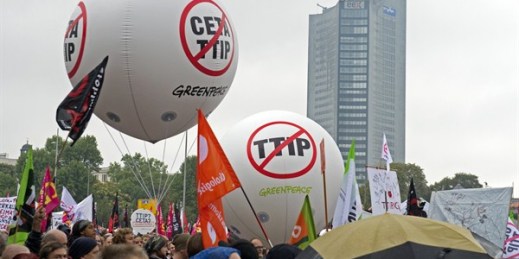
When Donald Trump and Hillary Clinton took the stage on Monday night for their first presidential debate, there was one topic on which their positions were not diametrically opposed: trade. That’s not to say they agreed. But in a debate rife with sharp disagreements on just about every issue, the matter of U.S. trade agreements with other countries was one in which they both argued there is room for change. Skepticism about the benefits of free trade is not unique to the United States. Throughout the developed world, the rise of populist politicians has changed the tone of the discussion […]

